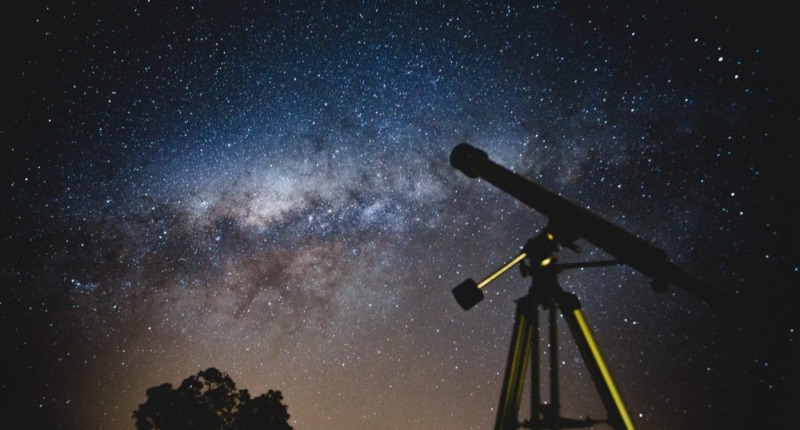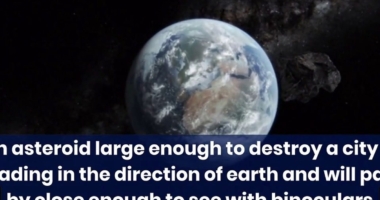The multiverse theory suggests that there are multiple universes beyond our observable universe with different physical laws, processes, and histories. While the theory has gained popularity among some physicists, others argue that it cannot be a scientific theory since it is impossible to observe other universes. However, some scientists defend the multiverse theory, suggesting that hypothesizing the existence of something unobservable is not inherently unscientific. Despite the lack of observational support, some physicists remain optimistic that we may one day observe signs of a collision with another universe in the cosmic microwave background. The multiverse theory remains a fascinating topic of discussion for physicists and continues to be explored as we uncover the mysteries of quantum mechanics and the universe.
Great Mysteries of Physics 3: Is there a Multiverse?
The concept of the multiverse, suggesting the existence of multiple universes, has gained attention in recent years, especially after the release of the movie Everything Everywhere All At Once. The idea is not new, as it has been explored by science fiction writers for years. However, what is the scientific basis for this theory, and is it possible to test it experimentally?
What is the Multiverse Theory?
The multiverse theory proposes that there are multiple universes beyond our observable universe, with different physical laws, processes, and histories. The theory is consistent with several scientific concepts, such as quantum mechanics, string theory, and cosmic inflation.
Quantum Mechanics and the Multiverse
Quantum mechanics suggests that particles can exist in a superposition of different states, such as locations. When these particles are measured, the superposition breaks, and each particle randomly “chooses” one state. Andrew Pontzen, a professor of cosmology at University College London, believes that quantum mechanics is the most compelling reason to believe in the multiverse theory.
Is the Multiverse Testable?
The concept of the multiverse may seem like an untestable hypothesis, as we cannot observe beyond our observable universe. However, some scientists believe that it may be possible to test the theory through indirect evidence. For example, cosmic inflation may have left observable imprints on the cosmic microwave background radiation. If these imprints are found, it may provide evidence of other universes beyond our own.
Conclusion
The concept of the multiverse is an intriguing one, with many theoretical possibilities. While it may seem impossible to test the theory, scientists are continually looking for ways to gather indirect evidence. As we continue to explore the mysteries of physics, the multiverse theory will undoubtedly remain a fascinating topic of discussion.
Is the Multiverse Theory Scientific?
The concept of the multiverse theory has gained popularity among physicists, suggesting that there are multiple universes beyond our observable universe with different physical laws, processes, and histories. Some scientists believe that the multiverse theory may be the best explanation for the unexplainable phenomena of quantum mechanics.
Understanding the Multiverse Theory
Andrew Pontzen, a professor of cosmology at University College London, suggests that the reality we experience is just one aspect of a much more complicated multiverse. In this multiverse, pretty much anything that can happen does happen, and we experience just one version of events.
Criticisms of the Multiverse Theory
While the concept of the multiverse theory may seem like a possible explanation for the mysteries of quantum mechanics, some physicists argue that if other universes cannot be observed, then the multiverse theory cannot be a scientific theory. Sabine Hossenfelder, a research fellow at the Frankfurt Institute of Advanced Studies, describes the multiverse theory as “ascientific,” as there is currently no observational support for it.
Defending the Multiverse Theory
Katie Mack, Hawking chair in cosmology and science communication at the Perimeter Institute for Theoretical Physics, defends the multiverse theory, arguing that hypothesizing the existence of something unobservable is not inherently unscientific. She suggests that the wave function in quantum mechanics is unobservable, but we infer its existence because the math works perfectly.
The Future of the Multiverse Theory
Despite the criticisms of the multiverse theory, Pontzen remains optimistic that we may one day observe signs of a collision with another universe in the cosmic microwave background. He is also working on a laboratory experiment to shed light on how a baby universe could physically be born from a multiverse.
Conclusion
While there is currently no observational support for the multiverse theory, it remains an intriguing concept for physicists to explore. As we continue to uncover the mysteries of quantum mechanics and the universe, the multiverse theory may one day be confirmed or dismissed.
Don’t miss interesting posts on Famousbio










